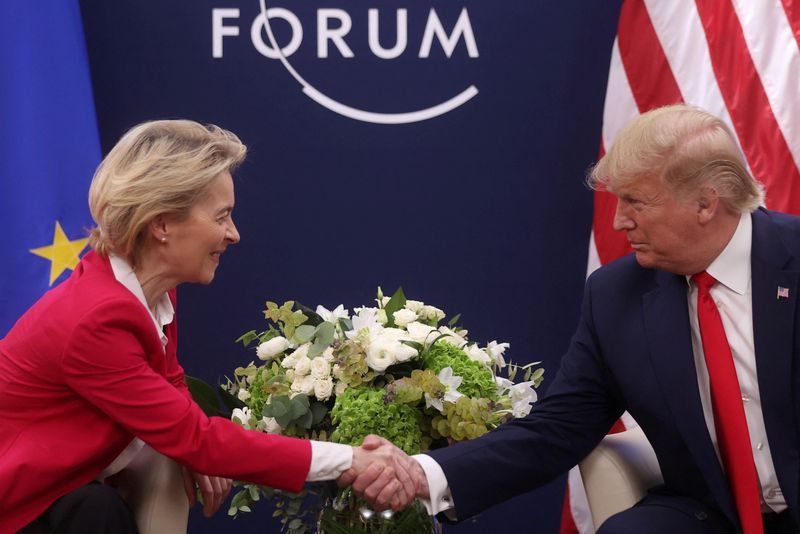
FILE PHOTO: The International Monetary Fund (IMF) logo is seen outside the headquarters building in Washington, U.S., September 4, 2018. REUTERS/Yuri Gripas/File Photo
WASHINGTON (Reuters) - The International Monetary Fund's executive board on Monday discussed the surcharges it collects from mostly middle- and lower-income countries on larger loans that are not repaid quickly, but failed to agree to launch a formal review.
Argentina, Pakistan and others are pushing the IMF to drop - or at least temporarily waive - the surcharges, which the IMF estimates will cost affected borrowers $4 billion on top of interest payments and fees from the start of the COVID-19 pandemic through the end of 2022.
Save 30% for ads-free and full access now!








































